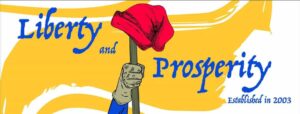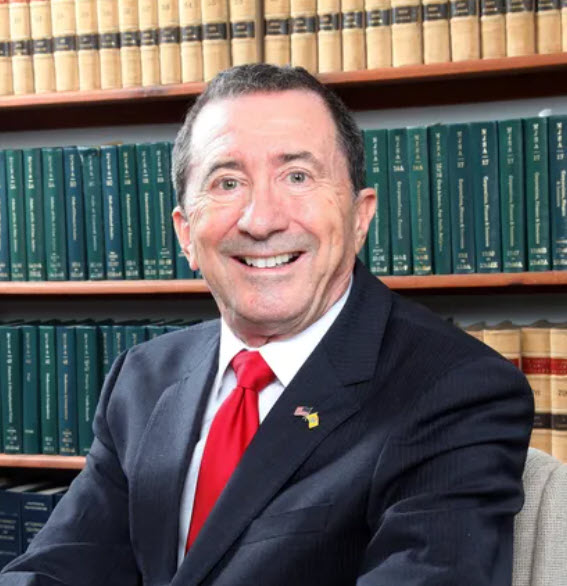George Washington: Leader and Scientific Innovator
Seth Grossman, Political Columnist
??? Earlier this month, the state legislature repealed a state law that required public schools to teach students the meaning of Veterans Day.?? That action was rightly criticized by Atlantic County Executive Dennis Levinson, and several veterans and county freeholders.
???
But that criticism only touches the tip of the iceberg.?? Public schools today do not teach the importance of the holidays dedicated George Washington or Abraham Lincoln.?? They are too busy with Martin Luther King Day in January, and black history month in February.?? Public schools today teach material that is “relevant” and “sensitive to minorities”.?? They say they are teaching tolerance in a new multicultural world, but it is not working.?? I see more ignorance, bigotry, and violence among young people today, than when kids were taught what was unique and great about America.?? That was when our schools spent a lot of time in February talking about George Washington and Abraham Lincoln.
???
Many teachers today are prejudiced when they look at George Washington.?? At best, they see him as a rich, white farmer, who lived 200 years ago in a simple world, far removed from the complex problems of today.
???
The truth is that George Washington had unique greatness, and our traditional American teachers had it right.?? He was the father of our country.?? All of us would be better citizens if we knew more about his life, and tried to follow his example.
???
George Washington was not always rich.?? His dad died when he was 11, and the kids from his dad?s first wife got most of his wealth.?? Young George Washington cut back on his schooling, and quit school completely at age 15.?? During this time, he helped his mom raise and support his five younger brothers and sisters.
???
At age 15, Washington learned how to be a land surveyor.?? By age 16, he was working with survey parties in unexplored forests for weeks at a time, hundreds of miles from the nearest settlements.?? Washington was earning a comfortable living as one of the country’s leading land surveyors.
???
At age 20, Washington joined his local National Guard unit.?? Within a year, he was its commanding major.?? At age 22, Washington led his unit of 150 men to stop French and Indian troops from crossing into West Virginia.?? In the process, Washington triggered a global war between England and France.?? Washington then commanded all British troops in Virginia, West Virginia, and Kentucky.
???
When the war was over, Washington tried to make his career as a general in the British army.?? But he was rejected.?? Although most Americans recognized Washington as a brave and brilliant leader, he had no friends among the rich and famous in London.?? To them, he was called a “mere colonial”.
???
A disappointed Washington married a wealthy widow when he was 27, and spent his life improving and expanding his farm.?? Washington applied and invented new scientific and engineering techniques to make his farm one of the most productive and profitable in the world.?? He milled and exported wheat and expanded into commercial fishing.
???
This soon caused problems with the “economic development” bureaucracy in the British government.?? The British wanted their American colonies to make money for them.?? They wanted Americans to buy high priced English goods with low price farm crops.?? And they set up a complicated system of licenses, permits, and taxes, to stop folks like Washington from selling his wheat around the world at high prices, or buying from competitors at low prices.
???
George Washington’s personal experience with the British government gave him a deep love of liberty.?? He loved the American way of life where talent, work, and innovation alone were the key to success.?? He detested the English and European systems of privilege, favoritism, flattery, and bribery.
??? And so when the patriots of Boston rebelled against the British in 1775, George Washington rushed up from Virginia to help them.?? He left his profitable business and commanded the Continental Army without pay for eight years.?? Washington’s bravery and leadership allowed his outnumbered army to survive initial defeats to win our independence in the end.?? When a grateful nation tried to make Washington a king, he went back to his business.?? When the original Articles of Confederation of 13 states failed, Washington agitated for a new Constitution.?? After Washington served as President for eight years in two terms, he quit and went home.?? When he left, he told the nation that if they wanted to be free, the people would have to learn how to govern themselves.?? Washington also wrote an elaborate will that guaranteed that his slaves would be free and self-sufficient when he died.

